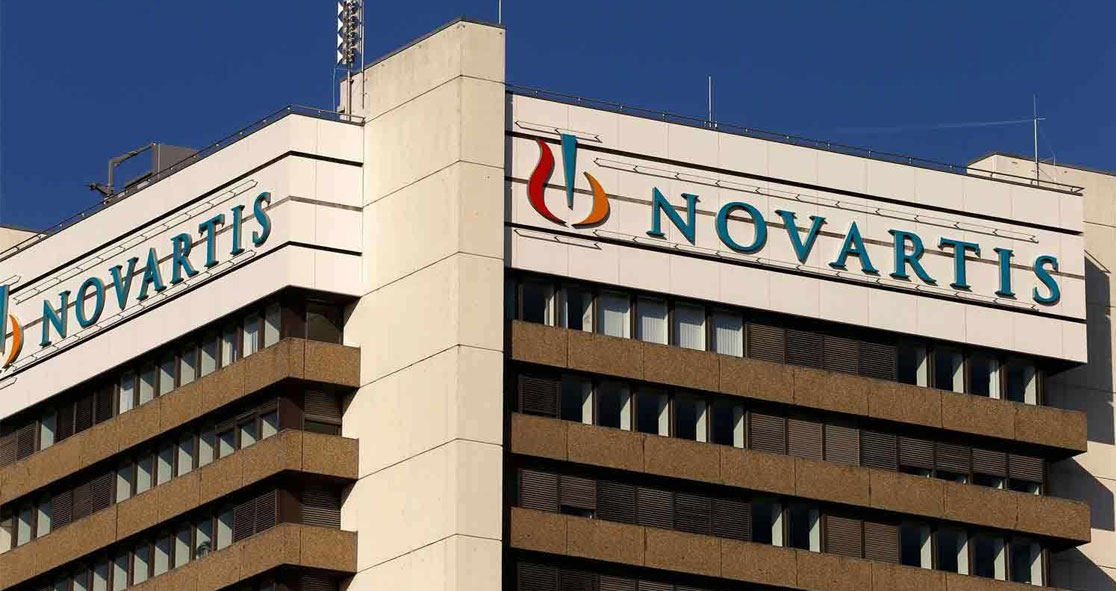The U.S. Food and Drug Administration (FDA) has granted priority review to the experimental drug asciminib for the treatment of Philadelphia chromosome-positive (Ph-) chronic myeloid leukemia (CML) in adult patients.
The investigational drug has been given the priority review in patients who have been previously treated with 2 or more tyrosine kinase inhibitors (TKIs), according to Novartis, the developer of asciminib.
The FDA’s priority review is based on the data from the phase 3 trial, in which the drug showed a statistically significant and clinically meaningful improvement in patients with Ph- CML in chronic phase (CP-CML) who received at least 2 prior TKIs.
In the trial, some participants received asciminib at a twice-daily dose of 40 mg, while others were administered bosutinib at a once-daily dose of 500 mg for at least 96 weeks.
Adverse events occurred in more than 50% of patients treated with asciminib and over 60% of those treated with bosutinib. The most frequent side effects were thrombocytopenia and neutropenia in the asciminib group. And the most frequent adverse events in bosutinib group were diarrhea, nausea, vomiting, rash, neutropenia, and thrombocytopenia.
In February, the lead author of the trial Dr. Michael Mauro said in a press release, “These important comparative data are impressive, and they reinforce the critical role asciminib may play, if approved, in overcoming the treatment challenges we face in later treatment lines of chronic-phase CML.”
“While the advent and expansion of TKI therapies has resulted in tremendous progress for patients living with CML over the last decades, many of our patients in later treatment lines still face inadequate response, disease progression and intolerable side effects,” he added.
The FDA previously granted fast track designation to asciminib, and Novartis said at the time that it planned for a submission to the FDA in the first half of 2021 for review under the FDA Oncology Center of Excellence Real-Time Oncology Review program. The article was published on OncLive and Cancer Network.





















